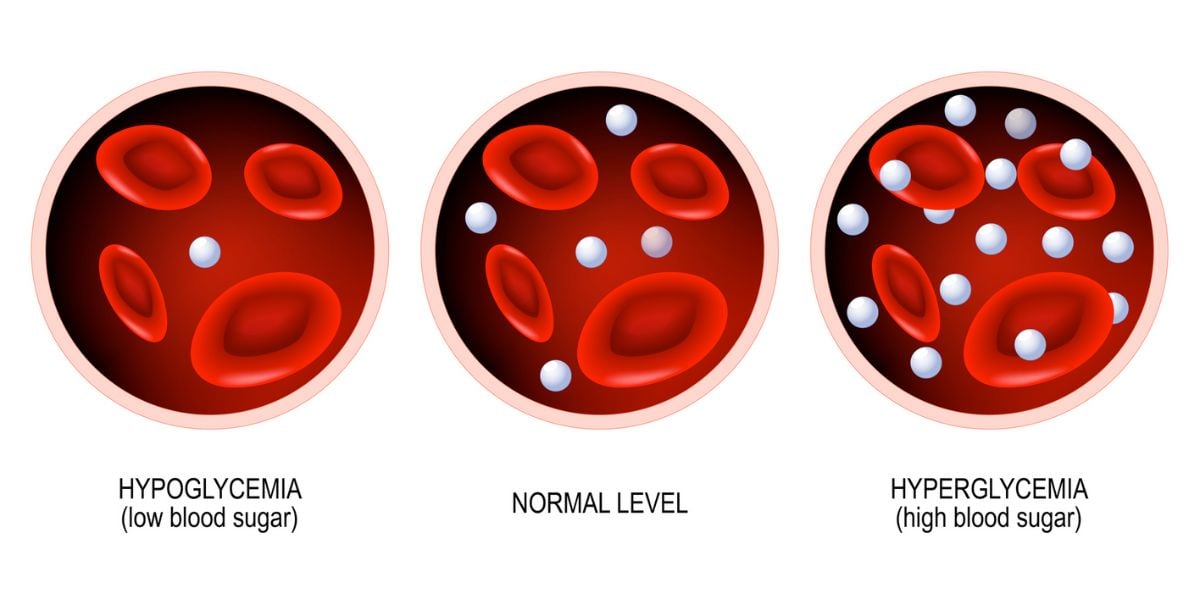The primary aim of treating type 2 diabetes is to help control blood glucose levels, but another key aim is to help with weight loss or weight management.
Keeping blood sugar levels under control is important as high sugar levels have been shown to significantly increase the risk of health problems (complications) developing later in life.
Type 2 diabetes can be treated by a number of different methods, ranging from lifestyle adjustments to tablet medication and injections, through to bariatric (weight loss) surgery.
Lifestyle changes are advised for everyone with type 2 diabetes; your doctor will recommend treatment alongside these changes if your blood glucose levels are too high.
Your GP and health centre
Your GP is an important part of your healthcare and will be able to advise you treating your diabetes, refer you to diabetes education and lifestyle courses and medical specialists, where appropriate, and prescribe medication.
Your GP will also be responsible for monitoring your health and ensuring you undergo a number of important diabetes health checks each year. These will include your blood glucose control, blood pressure and cholesterol, amongst others.
Diet
When it comes to diet, weight loss is often a primary goal for those with type 2 diabetes. If you are overweight, losing weight can help to improve insulin sensitivity and make diabetes easier to manage.
To achieve weight loss, your diet should be low-calorie, and because type 2 diabetes is a lifetime condition, it is important to have a diet you are happy to commit and stick to.
In the modern world, many of us have become accustomed to eating energy-dense foods, such as bread, rice, pasta and potato-based foods. Whilst these high-energy foods are convenient they’re less good for those who aren’t regularly physically active.
Vegetables (not counting potatoes) are a strong choice because they provide a variety of nutrients whilst having a relatively low calorie count. Because vegetables are a great source of soluble fibre, they also help us to stay full for longer
If you are at a healthy weight, aim to eat a balanced diet which allows you to keep your blood glucose levels under control.
The Low Carb Program, an education program which won the Positive Social Impact Award at the Lloyds Bank National Business Awards UK 2016, can help people with type 2 diabetes achieve better blood glucose levels, enable weight loss and reduce dependency on medication.
Physical activity
Physical activity can be particularly effective in controlling blood glucose levels. When our muscles work they take in glucose from the blood, liver and muscles. After the exercise, the body will start replenishing its stores of glucose by steadily taking in available glucose from the blood.
As well as helping to lower blood sugar levels, exercising makes use of the energy we take in from our diet, meaning that if we exercise more and don’t increase calorie intake, we’re then in a better position to lose weight.
Other lifestyle changes
In addition to diet and physical activity, other lifestyle adjustments such as reducing intake of alcohol and quitting smoking will also help your diabetes and general health.
Blood glucose monitoring
Blood glucose monitoring can be a useful tool as it shows how diet and activity impacts on your blood sugar levels.
If you are on insulin you may need to regularly
test your blood glucose levels to help prevent blood glucose levels from going too low.
Blood glucose monitoring is highly valued by some people with diabetes and has helped people achieve excellent control.
Medication
The main role of diabetes medication is to help lower blood glucose levels, although more recently developed medications can also aid weight loss.
Each form of medication has side effects and it is important to be aware of which side effects can occur from any medication you are taking. Known side effects will be detailed in the patient information leaflet in every pack of medication
You may be put onto medication as soon you are diagnosed with type 2 diabetes or sometime after if your blood glucose levels become too high.
You can be moved onto stronger medication if your blood glucose levels remain too high, while you can also be moved onto less strong medication if your blood glucose levels improve. Whilst less common, some people may even be able to come off medication, particularly if significant weight loss is achieved.
Diabetes medication needs to be supported with diet changes and regular physical activity to keep you healthy.
Medication for type 2 diabetes includes tablets and/or injectable medication.
Tablets
There are a range of tablets available for type 2 diabetes and many of these work in different ways. For example, metformin helps the body to better respond to insulin, whereas sulphonylureas prompt the pancreas to produce more insulin.
Metformin is often the first tablet prescribed to people with type 2 diabetes and stronger-acting medication may be prescribed in addition to metformin, or in place of it, if blood glucose levels remain too high.
Injectable medication
There are now a number of different injectable medications available for treating diabetes. These fall into two main groups:
Insulin
Insulin is the most well-known type of injectable medication for diabetes. Insulin is the hormone which helps to move sugar out of the blood and into cells to be used as energy or to be stored as fat.
Insulin is a powerful medication for lowering blood glucose but can lead to dangerously low blood sugar levels ( hypoglycemia ) if too much is taken. For this reason it is important for people to be able to recognise the symptoms of low blood sugar levels and know how to treat hypos should they occur.
Incretin mimetics
Incretin mimetics have been used for treating diabetes since 2005. Incretin mimetics are medications which mimic the action of a hormone called glucagon-like-peptide-1. This hormone plays a number of roles in response to digestion such as increasing the amount of insulin released and decreasing the amount of glucagon (a hormone that helps raise blood sugar) released. A group of tablet medications, known as DPP-4 inhibitors, work in a similar way to incretin mimetics.
Compared with insulin, incretin mimetics are a new medication and their long-term effects on the body are still not so well understood. Whilst incretin mimetics have been shown to be effective in reducing blood glucose levels and helping to reduce appetite, the drug has been linked with an increased risk of pancreatitis.
Weight loss surgery
Bariatric surgery, also known as weight loss surgery, is an option that may be considered if weight gain is leading to a high risk of suffering dangerous health conditions, which may include difficulty breathing and loss of mobility.
There are significant health risks involved in surgery, and bariatric surgery is only offered to people who are very overweight and have not had success with less dangerous weight loss methods.




